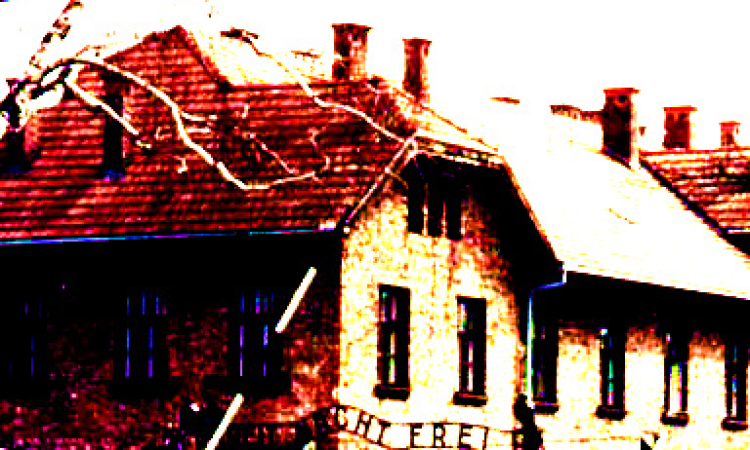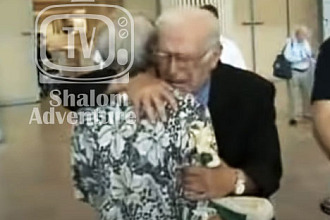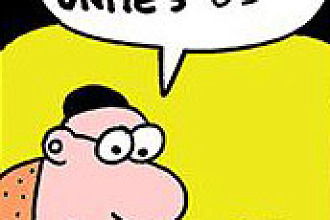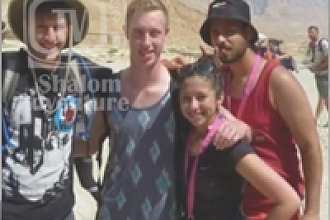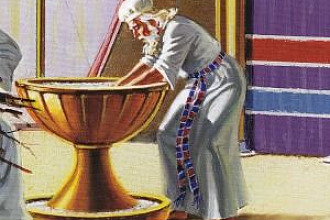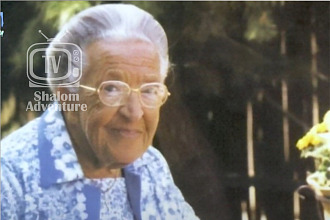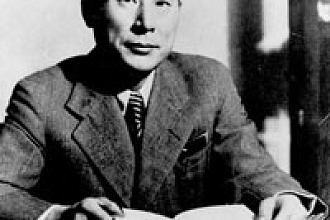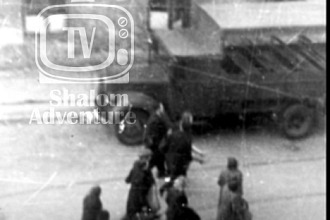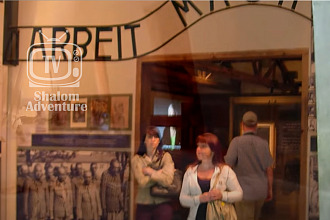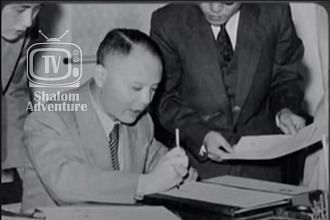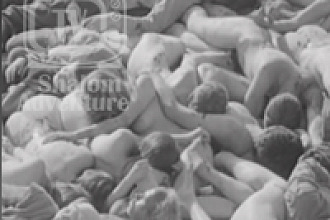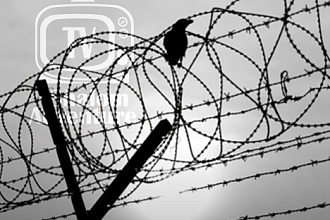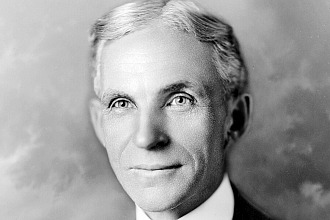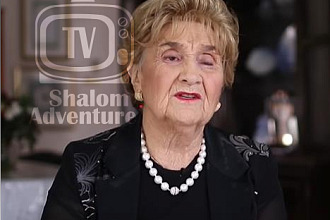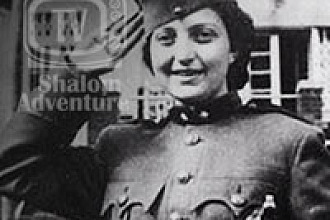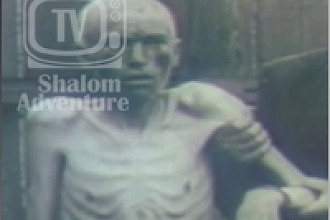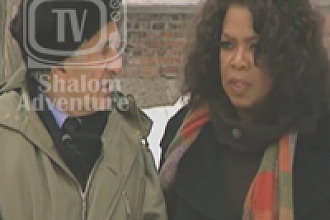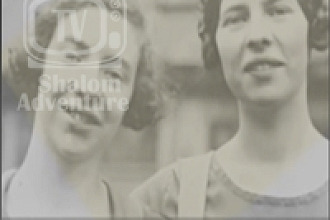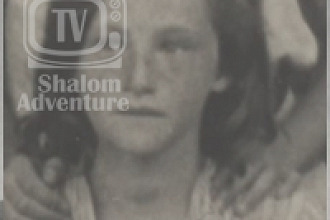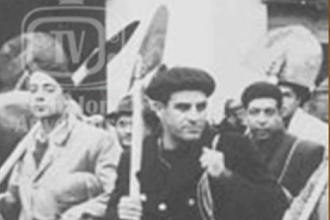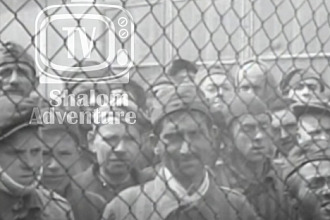The following is intended to provide a frame of reference for discussion.
Anti-Semitism
Anti-Semitism is a prejudice and/or discrimination against Jews. Anti-Semitism can be based on hatred against Jews because of their religious beliefs, their group membership (ethnicity) and sometimes on the erroneous belief that Jews are a "race."
Auschwitz
Notorious death camp in Poland. Opened by the Nazis in 1940, it soon became the largest death camp run by a staff which had acquired experience from other camps. Supervised by SS Captain Rudolf Hoess, the camp eventually took the lives of over 2 million people by means of gassing, starvation, overwork, and disease. At its peak, with the gas chambers and crematoria operating full time, as many as 24,000 people were put to death each day.
Bar/Bat Mitzvah
Religious rite whereby a Jewish child enters adulthood.
Concentration Camps
A group of labor and death camps located in Germany and Nazi-occupied Europe for the incarceration of Nazi opponents, other "undesirables," political dissidents, Gypsies, Russian POWs and Jews. Conditions were so terrible that most inmates died after about four months. The death camps in Poland were Auschwitz, Belzec, Chelmno, Majdanek, Sobibor and Treblinka.
Crematorium
A furnace installed and used in the death camps to cremate and dispose of bodies after death by gassing, starvation, disease, or torture.
Deportation
The transportation or "resettlement" of Jews from Nazi-occupied countries to labor or death camps.
Discrimination
Discrimination is the denial of justice and fair treatment by both individuals and institutions in many arenas, including employment, education, housing, banking, and political rights. Discrimination is an action that can follow prejudiced thinking.
Gestapo
Acronym in German for Geheime Staatspolizei (SecretState Police). The Nazis established the Gestapo in order to monitor and stamp out any political opposition to the Hitler regime. Under Heinrich Himmler, the Gestapo's powers became brutal and far-reaching in ferreting out Jews, Marxists, and even moderate critics of the regime.
Heterosexism
Heterosexism is prejudice and/or discrimination against people who are or who are perceived to be lesbian, gay or bisexual.
Hitler, Adolf
Fuehrer (leader) and Chancellor of the Third Reich, from 1933 until his death in 1945. He built a German regime unparalleled as an instrument of tyranny, oppression, and ruin. Waging war in Europe and a campaign to annihilate the Jewish people, he brought Western civilization itself to the brink of destruction.
Holocaust
Term devised in the late 1950's to describe the Nazi program of the wholesale physical annihilation of European Jewry. Connotes an unprecedented phenomenon of human destruction. By the end of World War II, it was estimated that some 6 million Jews had perished as a result of the systematic killing program of the Nazis.
Homophobia
Homophobia is the irrational fear of people who are believed to be lesbian, gay or bisexual.
Prejudice
Prejudice is pre-judging, making a decision about a person or group of people without sufficient knowledge. Prejudicial thinking is frequently based on stereotypes.
Racism
Racism is a prejudice and/or discrimination based on the social construction of "race." Differences in physical characteristics (e.g., skin color, hair texture, eye shape) are used to support a system of inequities.
Religious Bigotry
Religious bigotry is prejudice or discrimination against one or all members of a particular religious group based on negative perceptions of their religious beliefs and practices or on negative group stereotypes.
Scapegoating
Scapegoating is the action of blaming an individual or group for something when, in reality, there is no one person or group responsible for the problem. It targets another person or group as responsible for problems in society because of that person's group identity.
Sexism
Sexism is prejudice and/or discrimination based on gender.
SS (Schutzstaffel)
This elite guard was originally organized to serve as Hitler's personal protection service. Under Himmler, the organization expanded enormously, from 280 men in 1929 to 40,000 members in 1939. Their activities and powers grew to administer the concentration camps. It was the SS that eventually suppressed the uprising in the Warsaw ghetto.
Stereotypes
A stereotype is a preconceived or oversimplified generalization about an entire group of people without regard for individual differences. Even when stereotypes are positive, they always have a negative impact and can lead to discrimination.
Survivor
Refers to a person who has survived the Holocaust.
Swastika
Called Hakenkreuz in German. An ancient symbol used in India, Persia, Greece, and elsewhere as a religious emblem to ward off evil spirits. Using it as the official symbol of the Nazis, Hitler corrupted the meaning of the holy insignia to denote Aryan racial superiority.
Third Reich
The Third Empire. This was the official name of Hitler's regime, which ruled from 1933 to 1945. The Nazis regarded their rule as the successor to two previous empires: the Holy Roman Empire (962 AD-1806) and the Second Reich founded by Otto von Bismarck (1871-1918).
Zyklon-B
Poison gas used in the gas chambers of death camps.
Originally from here
Picture from here
Posted on Shalom Adventure by: Brenda Miller

